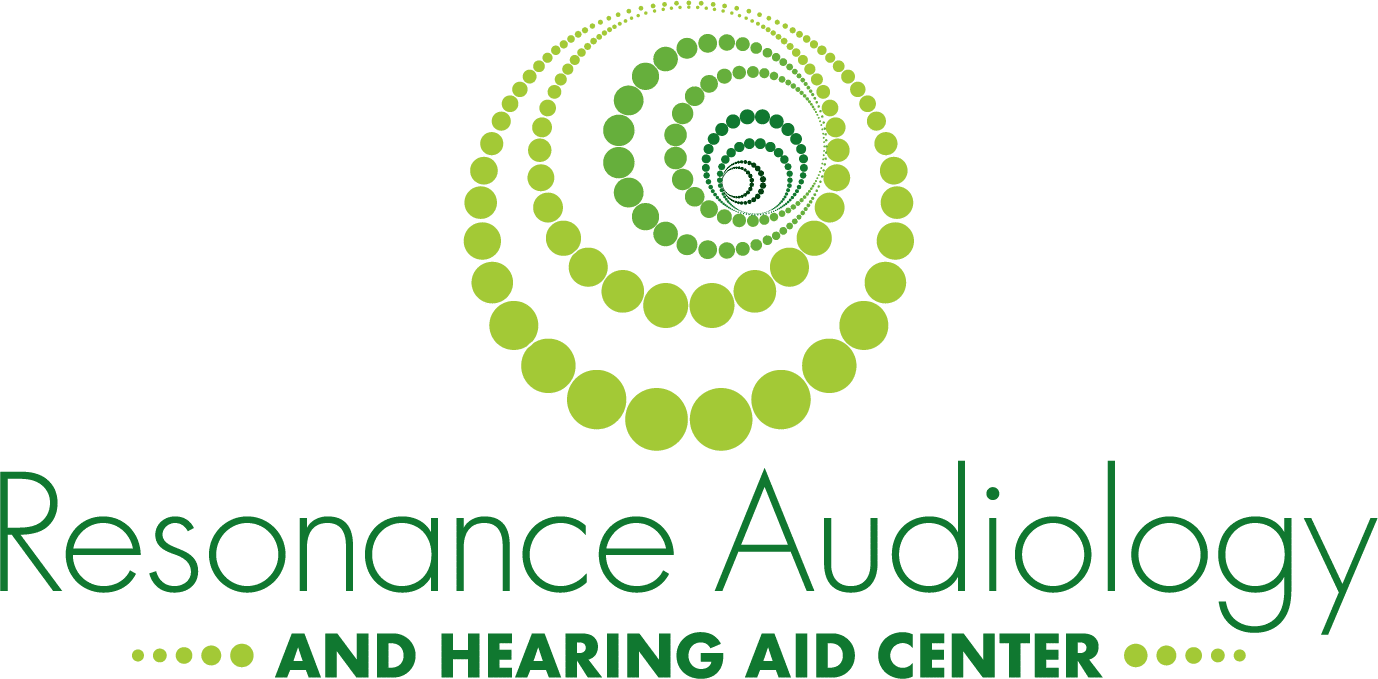7 Things To Know Before Buying Hearing Aids
If you’re experiencing hearing loss and considering getting a hearing aid, you may be overwhelmed with concerns about which device to get, how it will look, and maybe even whether it will really help.

At Resonance Audiology, we have often been asked: “How do I know if I am choosing the right hearing aid for me?”
This is a great question, as there are many hearing aid options available, so here are seven things to know before buying a hearing aid:
- The main thing to consider as you evaluate your options is the nature of your hearing loss, its cause, and its severity. A hearing aid cannot restore normal hearing, however, the right device for your hearing loss can improve your hearing by amplifying soft sounds, helping you hear sounds that you’ve had trouble hearing.
Your audiologist or hearing aid doctor will be able to make recommendations based on the results of your hearing tests.
- If you use wireless electronic devices like cell phones, music players, or laptops, you may want a hearing aid that is compatible with those wireless devices.
- For severe hearing loss, one of the larger hearing aids may be the best option.
If you want to be able to reduce some types of background noise and enhance the sound frequencies you have the most trouble hearing, you may need to look at the bigger sizes of hearing aids.
Also, if you are disposed to an excessive earwax buildup or ear infections, it’s good to know that small hearing aids are easily damaged by earwax or draining ear fluid and may not be the best option for you.
- If you suffer from tinnitus in addition to hearing loss, make sure you ask for a hearing aid that can produce tinnitus-masking noises. With tinnitus masking feature (not available from all brands) the ringing will subside and you will be able to hear sounds more clearly.
- Consider your dexterity – if you have arthritis or another condition or injury that may make it difficult to insert and remove certain types of hearing aids, look at hearing devices that are easier to handle.
- Hearing aids can range in price from about $1,200 to more than $6,000 for each device, depending on size and the level of technology. Unfortunately, most insurance providers do not cover the cost, and the price tag often ends up being a barrier to getting the help and relief your need. But it doesn’t have to be – there are options for hearing aid funding, including low-interest loans, credit cards and same-as-cash financing plans for medical devices.
- Hearing aid technology is constantly advancing, so be sure to check out the latest features as many will allow you to do things that weren’t possible years ago. For instance, now you can opt for hearing aids with remotes that allow you to quickly change programs, adjust the volume and even serve as a Bluetooth streaming device; waterproof devices, data logging aids, etc.
A very important consideration is that if you have hearing loss, you may actually be at greater risk of further damage to your remaining hearing, so prevention and early intervention is key.
And if you are concerned about how you’ll look wearing a hearing aid, rest assured that modern hearing aids are not just effective, they are also designed to be much more discreet, some being virtually invisible.
Your audiologist can help narrow the choices to what will best suit your hearing needs, your appearance, and your budget.
Expert Audiologists at Resonance Audiology & Hearing Aid Center, LLC are here to help with hearing tests and hearing aid options to best fit someone’s particular needs.
Call us at 717.925.6112 today – Resonance Audiology & Hearing Aid Center in Lancaster PA, the best place to buy hearing aid devices and find treatment solutions for you or your loved one!
